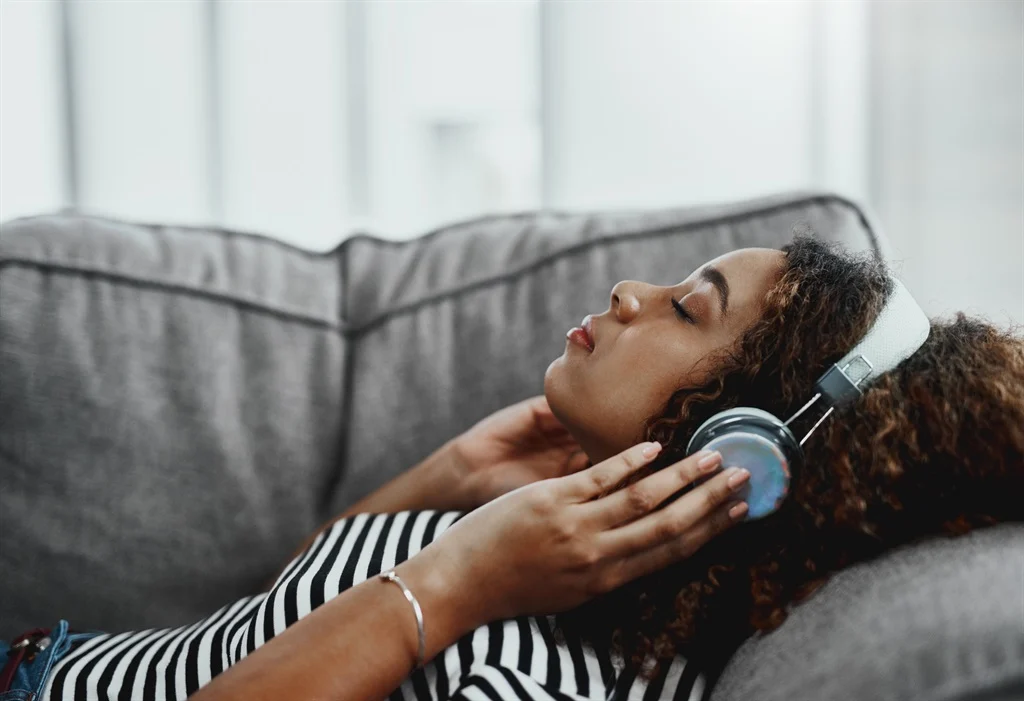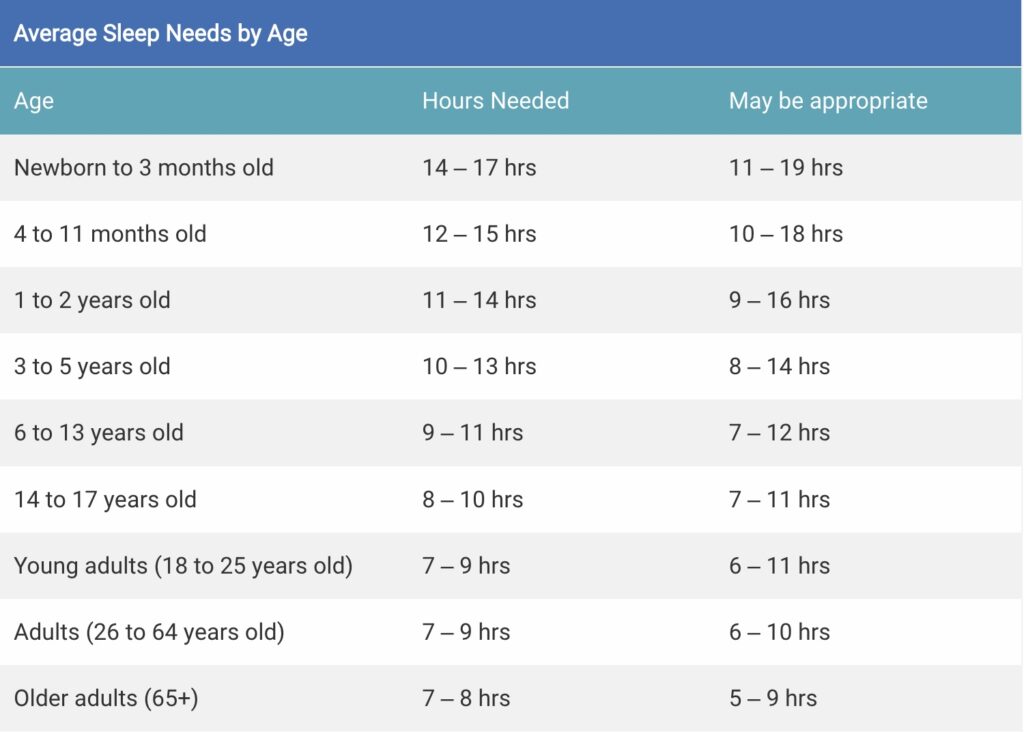
| Myths and Facts about Sleep |
| Myth: Getting just one hour less sleep per night won’t affect your daytime functioning. Fact: Even though you might not feel drowsy throughout the day, lacking even one hour of sleep might impair your capacity for clear thinking and rapid reactions. Additionally, it impairs your energy levels, ability to fight infections, and cardiovascular health. |
| Myth: Your body adjusts quickly to different sleep schedules. Fact: The majority of individuals can change their biological clock, but only when given the right cues, and even then, only by one or two hours every day. As a result, after crossing numerous time zones or working the night shift, adjusting might take longer than a week. |
| Myth: Extra sleep at night can cure you of problems with excessive daytime fatigue. Fact: Yes, the amount of sleep you receive matters, but the quality of your sleep is what you need to focus on. Even though some people get eight or nine hours of sleep every night, the quality of their sleep prevents them from feeling refreshed when they get up. |
| Myth: You can make up for lost sleep during the week by sleeping more on the weekends. Fact: Although this sleeping schedule will somewhat make up for the loss of sleep, it won’t do so entirely. Additionally, staying up longer on the weekends can mess with your sleep-wake cycle, making it far more difficult to go to bed on Sunday night and wake up early on Monday. |
Sleep needs
The quantity of sleep you need to perform at your best and the amount you can get by on differs significantly. The National Institutes of Health estimate that the typical adult sleeps fewer than seven hours per night. Six or seven hours of sleep can seem like a reasonable amount of time in the fast-paced environment of today. But in practice, it’s a formula for ongoing sleep deprivation.
Just because you can function on six or seven hours of sleep doesn’t mean you wouldn’t feel much better and accomplish much more if you stayed in bed for an additional hour or two.
Most healthy individuals need seven to nine hours of sleep every night to operate at their optimum, however individual needs may vary somewhat. More is required for kids and teenagers. And while though it’s commonly believed that as we get older, our sleep demands diminish, most older individuals still require at least seven hours of sleep. Taking naps throughout the day might help make up for the fact that older folks frequently have problems sleeping thus long at night.

Examining how you feel during the day is the greatest method to determine if you are getting the sleep you need. You’ll feel energized and aware from the minute you get up until your normal bedtime if you’re getting adequate sleep.








